Best Probiotics for Dogs with Gas (2025 Review & Guide)
Does your dog often pass gas, seem bloated, or look uncomfortable after eating? Flatulence in dogs can be more than just an embarrassing odor—it may signal deeper issues in the digestive system. Left unchecked, gas can affect nutrient absorption, digestive health, and even your dog’s immune system. The good news? Probiotics for dogs with gas are a safe, effective solution that helps restore healthy gut bacteria, reduce excess gas, and improve overall well-being.

Why Do Dogs Get Gassy?
There are several reasons why dogs experience excessive gas. Common causes include swallowing too much air while eating, poor-quality dog food, or imbalances in the gut microbiome. Processed food with fillers can ferment in the digestive tract, creating more gas. This is where probiotics for gassy dogs make a difference—they restore the balance of good bacteria, improving digestion and minimizing gas buildup.
How Do Probiotics Help with Dog Gas?
Support Digestive Systems
Specific probiotics work by breaking down proteins, fats, and carbohydrates more efficiently, reducing the fermentation that leads to gas. A healthy balance of gut bacteria ensures that food is digested properly and nutrients are absorbed, easing discomfort for your pet.
Promote Healthy Gut Bacteria
When dogs lack healthy gut bacteria, gas and loose stool become more frequent. Adding probiotics for dogs with gas helps replenish friendly bacteria like bifidobacterium animalis and enterococcus faecium, reducing flatulence and improving bowel movements.
Strengthen the Immune System
Since nearly 70% of a dog’s immune system resides in the gut, probiotics not only reduce gas but also enhance immune defenses. A stronger immune system helps your pet fight off digestive upsets and infections more effectively.

Best Probiotic for Dogs with Gas
Not all probiotics are the same. Choosing the best probiotic for dogs with gas depends on the strain included, formulation, and delivery method. Below is a quick comparison of recommended strains:
| Probiotic Strain | Main Function | Best For |
|---|---|---|
| Bifidobacterium animalis | Improves stool quality, reduces diarrhea | Dogs with loose stool or sensitive stomachs |
| Enterococcus faecium | Balances gut bacteria, reduces gas | Dogs with chronic gas or constipation |
| Lactobacillus acidophilus | Boosts immune system | Dogs prone to gut inflammation |
How to Choose the Right Probiotics for Gassy Dogs
Look for Specific Probiotic Strains
Check the label for clinically tested strains such as bifidobacterium animalis or enterococcus faecium. These are proven to help with digestion and gas control.
Check for Prebiotics
Prebiotics and probiotics for dogs work best together. Prebiotics act as “food” for probiotics, helping them survive and multiply in your dog’s gut.
Pick the Right Format
Probiotic supplements come in powders, chews, and capsules. Choose the form your dog accepts best to ensure consistent feeding of probiotics.
Look for Verified Quality
Opt for probiotic products that are veterinarian-recommended and third-party tested to guarantee safety and effectiveness.
Everything Our Vets Recommend
Everyday Care Tips Along with Probiotics
Feed high-quality, easily digestible dog food.
Encourage slow eating with a slow-feeder bowl to reduce swallowed air.
Provide daily exercise to improve digestion and reduce bloating.
Stick to long term probiotic supplements for best results.

Probiotics for Dogs with Gas FAQs
Do probiotics help dogs with gas?
Yes, probiotics help reduce gas by balancing gut bacteria, improving digestion, and reducing fermentation of food in the intestines.
How long does it take for probiotics to work on dog gas?
Most dogs show improvement within 1–2 weeks of consistent use. Long term use ensures the best results for digestive health and gas reduction.
What is the best probiotic for dogs with gas?
The best probiotic for dogs with gas is a blend containing bifidobacterium animalis, enterococcus faecium, and lactobacillus acidophilus. This combination provides broad digestive and immune support.
Final Thoughts
Dog gas may seem harmless, but it often signals deeper digestive issues. Choosing probiotics for dogs with gas is a proven way to restore balance, improve digestive health, and ease your dog’s discomfort. By selecting the right strains, pairing them with prebiotics, and supporting your pet with proper diet and exercise, you’ll ensure a healthier, happier companion. Start today—your pup will thank you with more comfort and fewer unpleasant odors!
You May Like:
- What Do Probiotics Do for Dogs: A Vet Approved 2025 Guide
- Can Dogs Take Human Probiotics? Shocking Truth Owners Miss
- Dog Probiotics for Itching: Relieve Your Pup’s Scratching Safely
- 2025 Dog Probiotics for Yeast Guide: Treat & Prevent Infections Easily
User Comments
Does flea treatment kill ear mites too?
Can dogs take human probiotics?
Can dogs have people probiotics safely?
Related Articles
View all
How Long Should a Dog Be on Probiotics: Complete 2025 Guide

Best Probiotics for Dogs with Gas (2025 Review & Guide)

What Do Probiotics Do for Dogs: A Vet Approved 2025 Guide
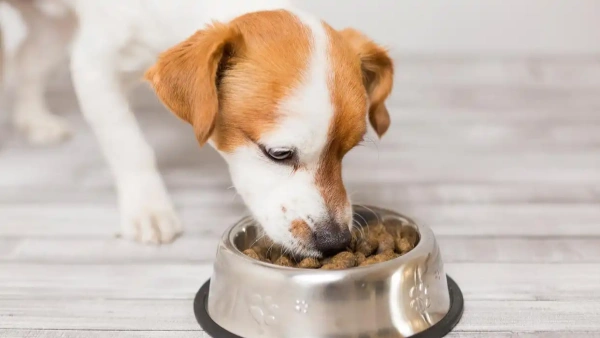
Can Dogs Take Human Probiotics? Shocking Truth Owners Miss

How Long Should a Dog Be on Probiotics: Complete 2025 Guide

Best Probiotics for Dogs with Gas (2025 Review & Guide)

What Do Probiotics Do for Dogs: A Vet Approved 2025 Guide

Can Dogs Take Human Probiotics? Shocking Truth Owners Miss
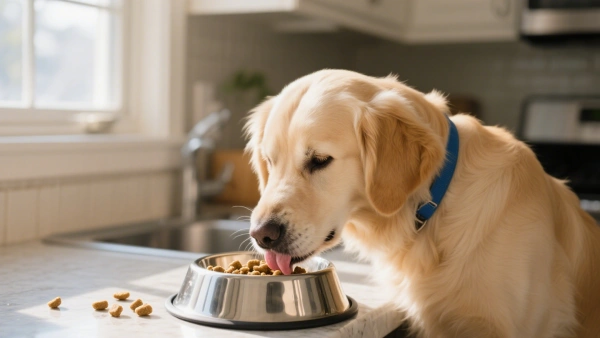
2025 Dog Probiotics for Yeast Guide: Treat & Prevent Infections Easily

Dog Probiotics for Itching: Relieve Your Pup’s Scratching Safely

Best Probiotics for Dog Skin Allergies: Vet Picks and Tips

What’s a Good Probiotic for Dogs? Expert Guide for Pet Owners


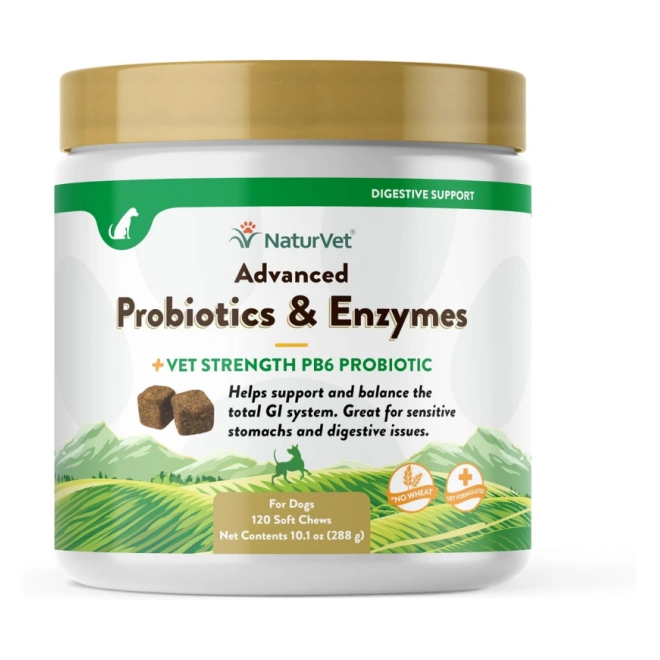
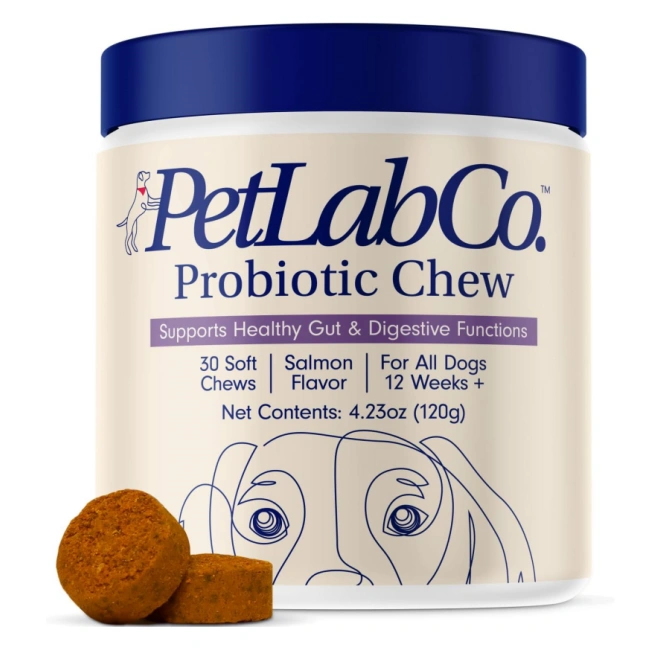
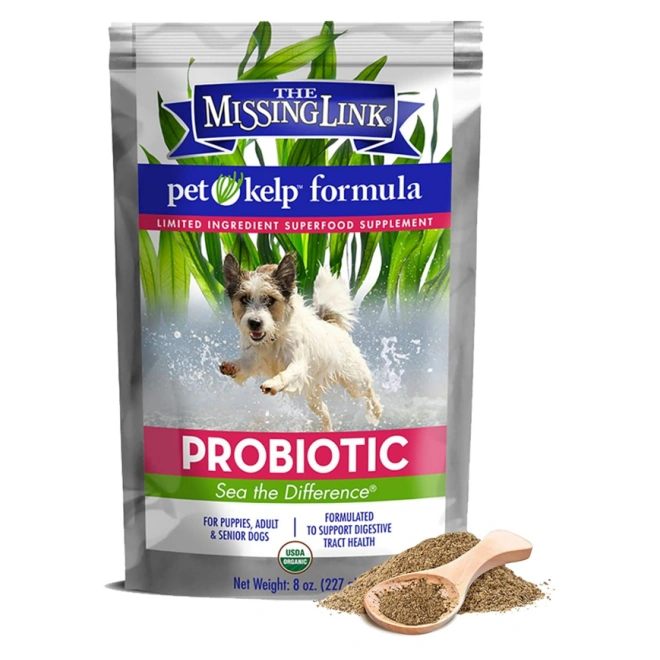
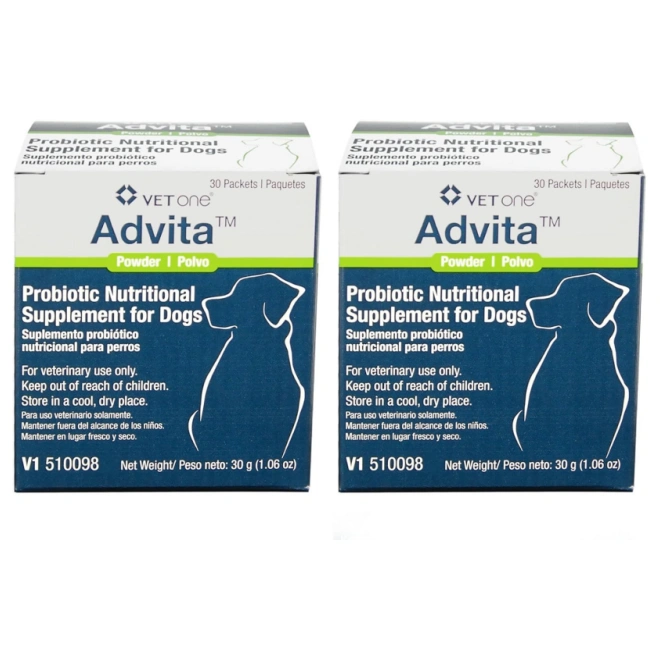








Leave a Reply